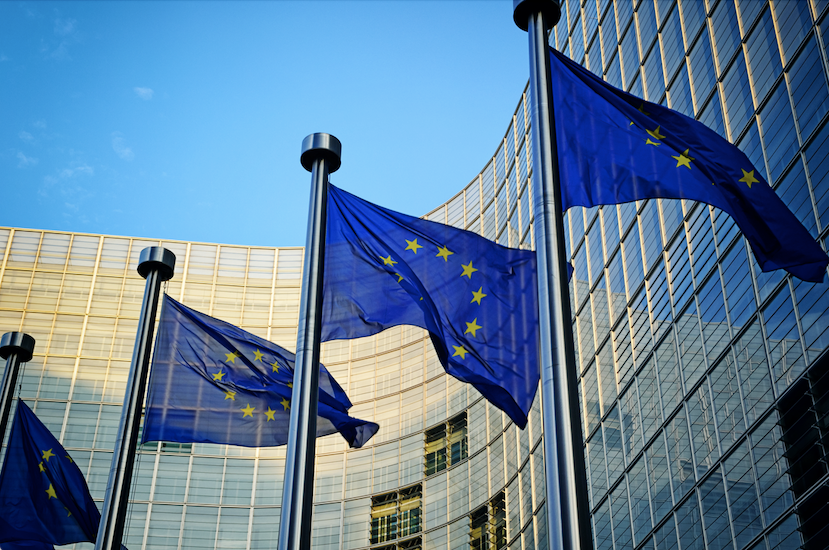
The EU has launched the first phase of its carbon border tariff system in a bid to impose levies on imported steel, cement, electricity, hydrogen and other commodities as the bloc ramps up climate action.
The tariff, known as the Carbon Border Adjustment Mechanism (CBAM), was initially voted into law in April. Although the first phase of the scheme came into effect on Sunday, the initial requirement for companies is just to report emissions, with actual payments coming into effect in 2026, although companies failing to properly report emissions will face fines before this. The mechanism will be phased-in gradually, only coming into full effect in 2032.
The European Commission has indicated it will be lenient in the beginning, with the key objective being “to serve as a pilot and learning period for all stakeholders”. These will include importers, producers and authorities. It will also serve “to collect useful information on embedded emissions to refine the methodology”.
CBAM is expected to raise tensions with the bloc’s key trading partners. Some companies have suggested that they are not ready to comply with the system and have not had enough time between April and October to prepare.
According to a report from think tank Carnegie Europe, the biggest exporters to the EU of products that will be affected by the mechanism are China, India, Russia, South Korea, Turkey, Ukraine, the UK and the US. Brazil, South Africa and India have all accused the CBAM of being “discriminatory”. China also criticised the measure at a forum last month.
International charity Oxfam published a statement in December least year accusing the tariff of “pass[ing] the buck to the least responsible”, and to those nations “hardest hit by the climate crisis”.
“CBAM will encourage industry worldwide to embrace greener technologies,” EU Economy Commissioner Paolo Gentiloni said in a press statement. “It will also prevent so-called carbon leakage, or the relocation of production outside our borders to countries with lower environmental standards.
“CBAM is not about trade protection but about protecting our climate ambition. We are committed to working closely with businesses in the EU and beyond, as well as with governments around the world, to make it a success,” he added.
Aluminium, cement, electricity, fertilisers, hydrogen, iron and steel are currently subject to the mechanism because their production is deemed to be carbon intensive and at risk of significant emissions leakage.



